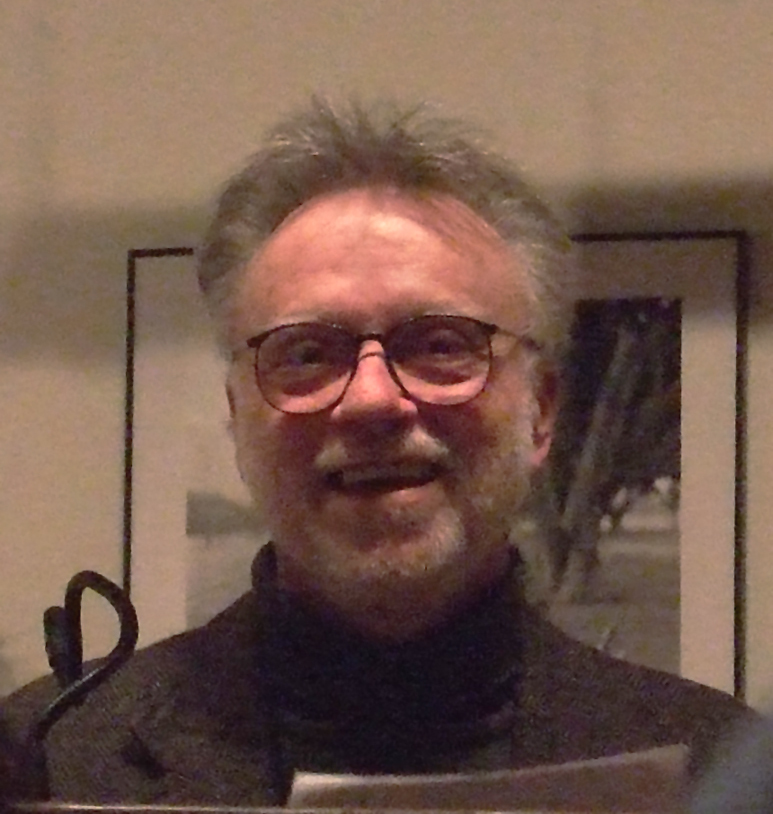 author
authorDiscover the Best Books Written by Lucia Berlin
Lucia Brown Berlin was an American short story writer. She had a small, devoted following but did not reach a mass audience during her lifetime. She rose to sudden literary fame in 2015, eleven years after her death, with the publication of a volume of her selected stories, A Manual for Cleaning Women. It hit The New York Times bestseller list in its second week and, within a few weeks, had combined outsold all her previous books.
Berlin was born in Juneau, Alaska, and spent her childhood on the move, following her father's career as a mining engineer. The family lived in mining camps in Idaho, Montana, Arizona, and Chile, where Lucia spent most of her youth. As an adult, she lived in New Mexico, Mexico, New York City, Northern and Southern California, and Colorado. Berlin began publishing relatively late in life, under the encouragement and sometimes tutelage of poet Ed Dorn.
Her first small collection, Angels Laundromat, was published in 1981, but her published stories were written as early as 1960. She published seventy-six stories in her lifetime. Several of her stories appeared in magazines such as The Atlantic and Saul Bellow's The Noble Savage. Berlin published six collections of short stories, but most of her work can be found in three later volumes from Black Sparrow Books: Homesick: New and Selected Stories (1990), So Long: Stories 1987-92 (1993), and Where I Live Now: Stories 1993-98 (1999).
Berlin was never a bestseller but was widely influential within the literary community. She has been compared to Raymond Carver and Richard Yates. Her one-page story "My Jockey," consisting of five paragraphs, won the Jack London Short Prize in 1985. Berlin also won an American Book Award in 1991 for Homesick and was awarded a fellowship from the National Endowment for the Arts.
In 2015, a compendium of her short story work was released under A Manual for Cleaning Women: Short Stories. It debuted at #18 on the New York Times bestseller list its first week and rose to #15 on the regular list the following week. The collection was ineligible for most of the year-end awards (either because she was deceased or it was recollected material). Still, it was named to a large number of year-end lists, including the New York Times Book Reviews' "10 Best Books of 2015.".
It debuted at #14 on the ABA's Indie bestseller list and #5 on the LA Times' list. It was also a finalist for the Kirkus Prize. Throughout her life, Berlin earned a living through a series of working-class jobs, reflected in story titles like "A Manual for Cleaning Women," "Emergency Room Notebook, 1977," and "Private Branch Exchange" (referring to telephone switchboards and their operators).
Up through the early 1990s, Berlin taught creative writing in a number of venues, including the San Francisco County Jail and the Jack Kerouac School of Disembodied Poetics at Naropa University. She also took oral histories from elderly patients at Mt. Zion Hospital.
In the fall of 1994, Berlin began a two-year teaching position as Visiting Writer at the University of Colorado, Boulder. Near the end of her term, she was among four campus faculty awarded the Student Organization for Alumni Relations Award for Teaching Excellence. "To win a teaching award after two years is unheard of," the English Chair Katherine Eggert said later in an obituary. Berlin was asked to stay on at the end of her two-year term. She was named associate professor and continued teaching there until 2000.
Best author’s book



Written books
1




















